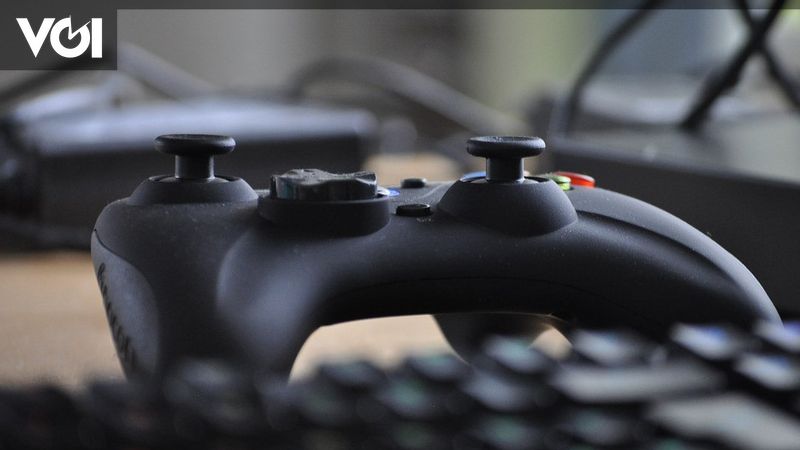
In a significant move against software piracy and the unauthorized distribution of its game content, Nintendo ADR (OTC: NTDOY) has enforced a comprehensive takedown of over 8,500 copies of the Yuzu emulator’s code. The Yuzu emulator, recognized for enabling the play of Nintendo Switch games on various other platforms, has come under severe legal scrutiny, culminating in its shutdown in March 2024 following a $2.4 million settlement with the gaming giant, Nintendo.
The takedown request was officially lodged on April 29, targeting a vast network of Yuzu code repositories hosted on GitHub, a premier developer platform. GitHub’s compliance with the takedown notice led to the removal of 8,535 repositories associated with the Yuzu emulator, including forks deemed to infringe to the same extent as the parent repository. GitHub articulated the process, stating, “Because the reported network that contained the allegedly infringing content was larger than one hundred (100) repositories, and the submitter alleged that all or most of the forks were infringing to the same extent as the parent repository, GitHub processed the takedown notice against the entire network of 8,535 repositories, inclusive of the parent repository.”
Post-shutdown, users continued to upload Yuzu emulator code, facilitating unauthorized, free access to Nintendo Switch games. This act was highlighted by Nintendo as a blatant circumvention of its technological protection measures and as enabling the run of illegal copies of its games. The company’s actions reflect its broader, longstanding commitment to aggressively defending its intellectual property rights. This is further demonstrated by similar lawsuits against other platforms and entities accused of facilitating unauthorized access to its games. For instance, Nintendo’s legal pursuit of Yuzu’s creator, Tropic Haze, over pirated copies of The Legend of Zelda: Tears of the Kingdom, which allegedly saw one million downloads before its official release, underscores the company’s stringent stance on copyright infringement.
Nintendo’s vigorous defense of its intellectual properties isn’t a new strategy. The company has previously secured significant legal victories, with RomUniverse ordered to pay $2.1 million in damages in 2021 and another case resulting in over $12 million in damages in 2018. Additionally, Nintendo has taken steps to block the release of emulators like Dolphin, capable of playing GameCube and Wii games, on platforms such as Steam. These actions serve as a testament to Nintendo’s unwavering dedication to protecting its content and ensuring it is consumed in legally sanctioned ways.
As debates around game preservation and the legality of emulation continue to evolve, Nintendo’s recent takedown effort marks a significant moment in the ongoing dialogue between game developers and the emulation community. With a history of rigorous legal actions and substantial settlements, Nintendo’s latest move against the Yuzu emulator underscores the company’s intent to safeguard its creative output and maintain control over the distribution of its games.
Source






